ASUU Suspends Two-Week Warning Strike After Fresh Talks With Federal Government The Academic Staff Union of Universities (ASUU) has officially suspended its two-week warning strike after reaching new understandings with the Federal Government on issues affecting Nigeria’s public universities. The suspension marks a significant step toward resolving long-standing disputes that have repeatedly disrupted academic
ASUU Suspends Two-Week Warning Strike After Fresh Talks With Federal Government

The Academic Staff Union of Universities (ASUU) has officially suspended its two-week warning strike after reaching new understandings with the Federal Government on issues affecting Nigeria’s public universities. The suspension marks a significant step toward resolving long-standing disputes that have repeatedly disrupted academic activities in tertiary institutions across the country.
The announcement was made on Wednesday in Abuja by ASUU President, Professor Chris Piwuna, who disclosed that the decision followed a series of constructive engagements between the union and the government’s negotiation team led by Alhaji Yayale Ahmed. The talks, which were further supported by interventions from the National Assembly, led to what both sides described as a renewed commitment to finding lasting solutions to the crisis plaguing Nigeria’s university system.
The two-week warning strike, which commenced on October 13, 2025, was called to protest the Federal Government’s delay in concluding the renegotiation of the 2009 FGN/ASUU Agreement. The agreement, a key document guiding the working conditions and welfare of lecturers, has been at the heart of most of ASUU’s past industrial actions. The union also cited poor funding of universities, unpaid academic allowances, and the need for improved infrastructure and autonomy as reasons for the strike.
According to Piwuna, the decision to suspend the strike was reached after the union’s National Executive Council (NEC) meeting held between October 21 and 22. He stated that the NEC carefully reviewed the outcomes of the meetings held with the government on October 16 and 18 and noted “tangible progress” compared to the situation before the strike began. “Our NEC deliberated extensively on the feedback from our negotiation team and the latest government proposals. While we acknowledge that not all our demands have been fully addressed, there has been noticeable improvement and renewed commitment from the government side,” Piwuna said.
Sources Reveal How Low-Level Officers Manipulated Presidential Pardon List
ASUU Calls for Implementation of Fresh Understandings
The ASUU President emphasized that the strike’s suspension was a strategic decision aimed at creating a conducive atmosphere for continued dialogue. He, however, warned that the suspension should not be mistaken for a complete resolution of the dispute. “We are suspending this strike to give room for dialogue and implementation. The government must seize this opportunity to act decisively within the next one month, or we will be left with no option but to resume the strike without further notice,” Piwuna cautioned.
He expressed appreciation to the leadership of the National Assembly, particularly the Senate Committees on Tertiary Education and TETFund, Labour, and the Deputy Senate President, Senator Barau Jibrin, for their role in mediating between ASUU and the government. According to him, their intervention played a crucial role in breaking the deadlock and ensuring both sides returned to the negotiating table.
Professor Piwuna also extended gratitude to students, parents, the media, and the Nigeria Labour Congress (NLC) for their unwavering support throughout the industrial action. “We thank all stakeholders, including students who have been patient, parents who have endured the disruptions, and civil society organizations who stood by us. Our struggle has always been about ensuring that Nigerian universities are adequately funded and globally competitive,” he noted.
During the course of the warning strike, universities across the country experienced a halt in academic and administrative activities, raising fears of another prolonged shutdown similar to the eight-month strike that paralyzed the system in 2022. However, the renewed willingness of both parties to engage constructively has been widely welcomed by education stakeholders. Many have described the development as a positive step toward restoring stability in the academic calendar and rebuilding trust between lecturers and the government.
Sources close to the negotiation disclosed that the discussions centered on the implementation framework for salary adjustments, revitalization funds for universities, earned academic allowances, and the autonomy of governing councils. While the government reportedly appealed for more time to meet some of ASUU’s financial demands, it agreed to immediately address certain administrative bottlenecks, including delayed promotions and pending research grants.
Piwuna reiterated that ASUU’s struggle was not merely about lecturers’ welfare but about safeguarding the future of higher education in Nigeria. He called on the government to demonstrate sincerity by honoring its commitments, noting that the repeated failure to implement previous agreements had been the root cause of recurring strikes. “We have done our part by showing restraint and good faith. It is now up to the government to prove that it values public education and the people who sustain it,” he declared.
Reactions to the suspension have been mixed. While many students and parents expressed relief that academic activities would soon resume, some observers cautioned that the truce might be temporary if the government fails to act promptly. Education analysts have urged both sides to institutionalize a permanent negotiation framework that would prevent future breakdowns in communication and avert the disruption of university calendars.
The Federal Ministry of Education, in a brief statement, confirmed receipt of ASUU’s notice of suspension and assured that the government remained committed to implementing the agreed resolutions. A senior ministry official who spoke on condition of anonymity revealed that the new understandings included the establishment of a joint implementation monitoring committee to track progress on each commitment.
As campuses prepare to reopen fully, ASUU chapters nationwide have been directed to resume academic work immediately, while maintaining close communication with the national leadership on the status of the agreement’s implementation. For many, the resolution of this standoff offers a glimmer of hope that the long-standing cycle of strikes and negotiations may finally give way to sustainable collaboration between the government and university workers.
Created with AIMONEYGEN.COM – “Visit GPTS Collection”

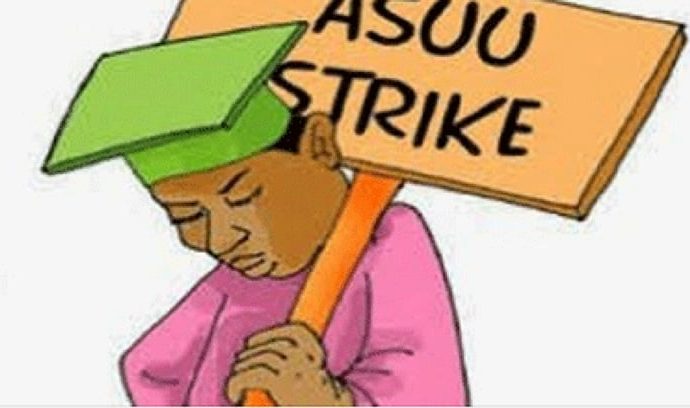
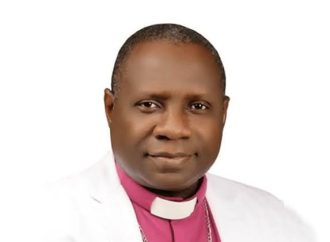

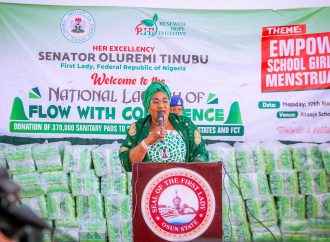
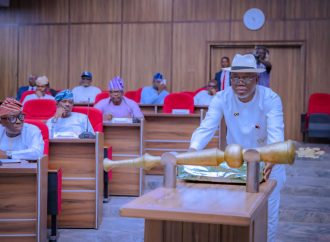

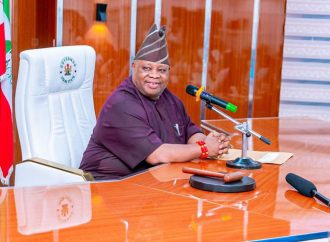











Leave a Comment
Your email address will not be published. Required fields are marked with *